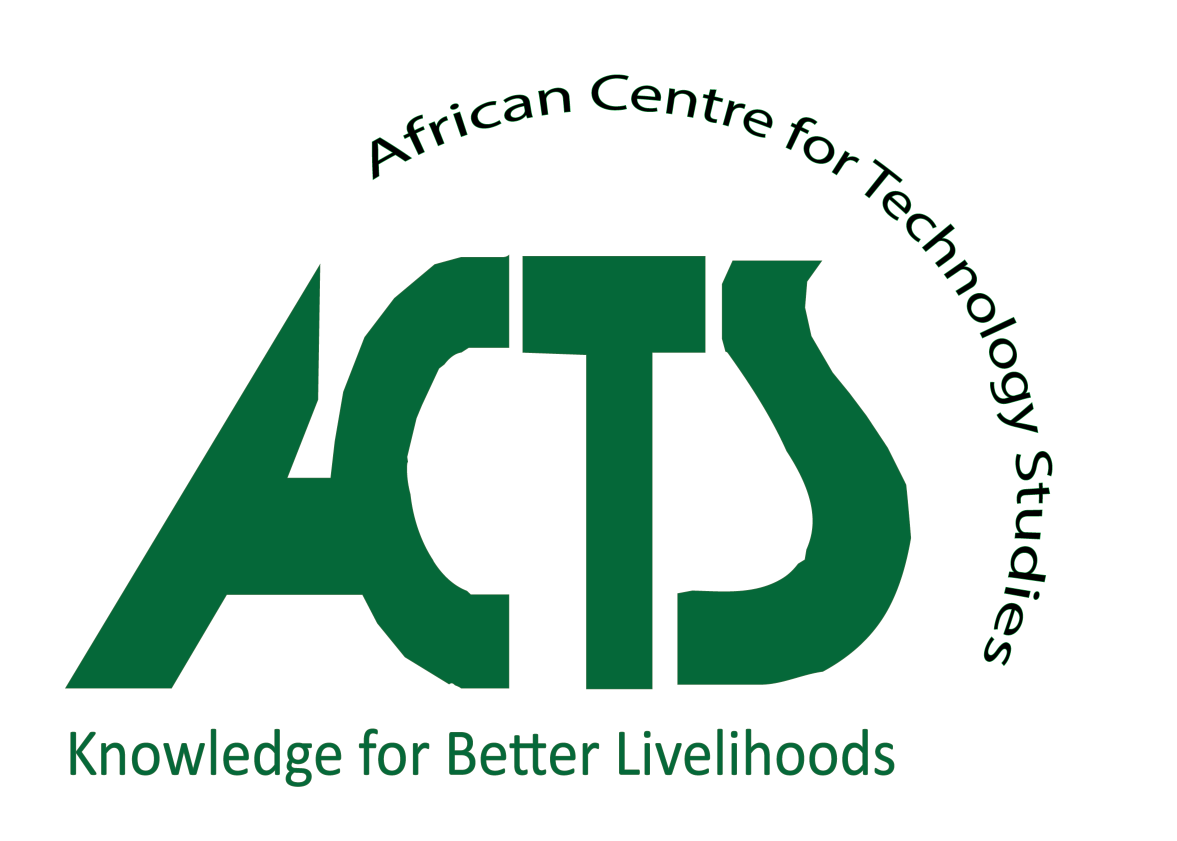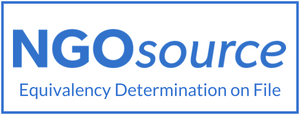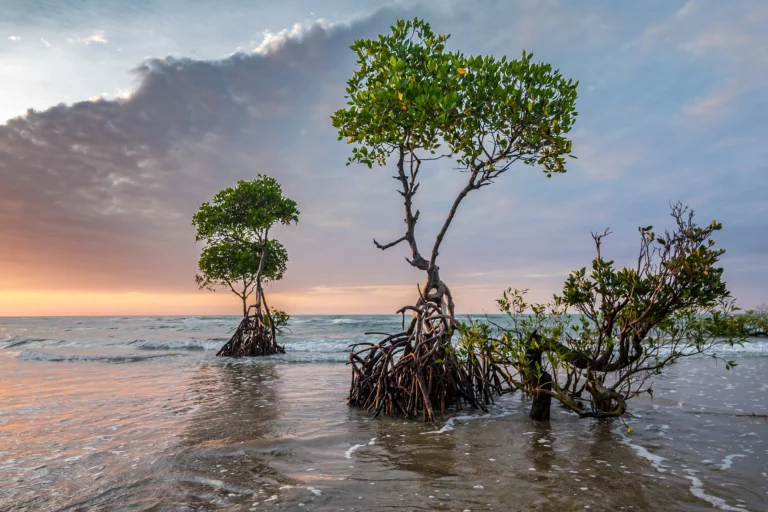
By Norah Ouma, Salome Okoth, Maureen Kabasa, Joel Onyango One of the biggest failures in global climate action is the exclusion of Africa’s most vulnerable populations from decision-making processes. Many adaptation strategies are designed by governments, international donors, and development…
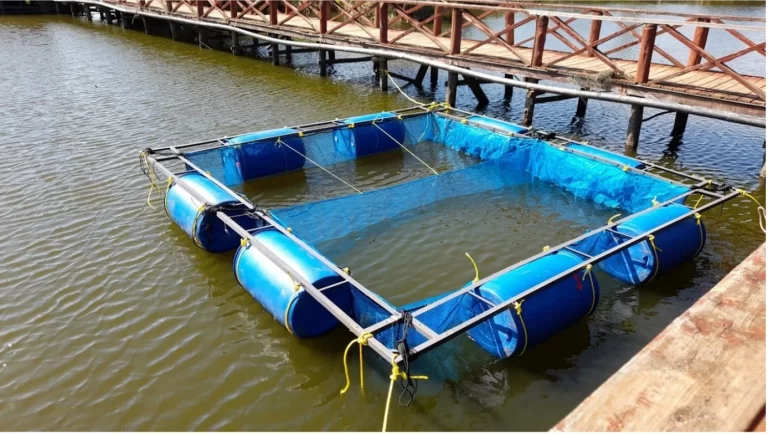
By Monroe Dikiny, Victor Omondi & Benard Simiyu Introduction Lake Victoria is ranked the second largest freshwater lake globally, in terms of surface area (68,800 Km2) and the largest in Africa with a basin area of approximately 195,000 square km.…
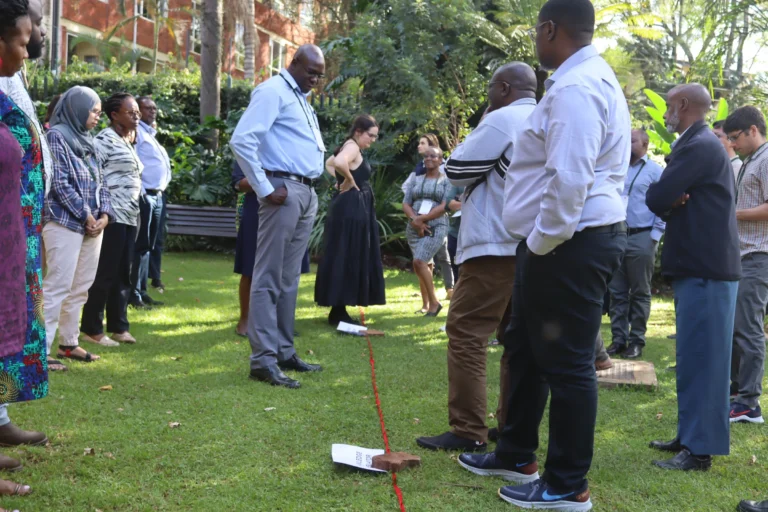
By Anne Maina, Maureen Kabasa Climate change is no longer a distant threat it is a reality that people all over the world are having to grapple with every day. The Intergovernmental Panel on Climate Change (IPCC) Sixth Assessment Report…
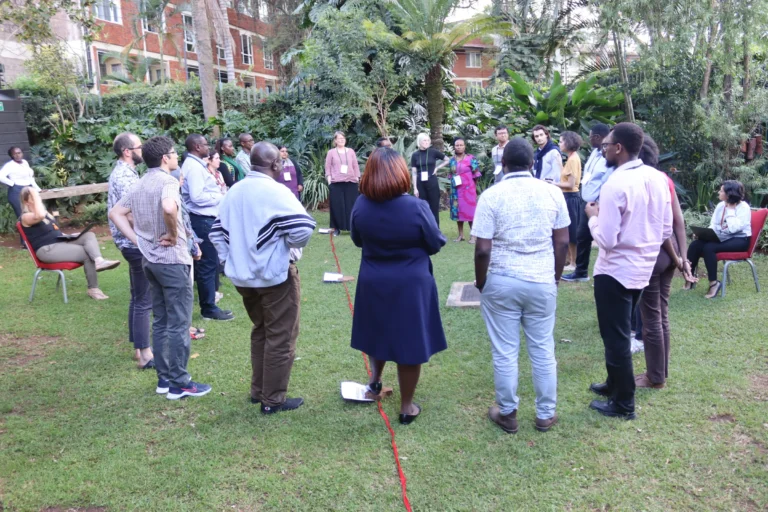
Authors: Joan Andega, Maureen Kabasa, Salome Okoth, Joel Onyango Climate change is not just an environmental crisis, it is a justice crisis. It is about who owns resources, who gets to decide on solutions, and who bears the burden of…

By Gillian Faith Achieng, Joel Onyango, and Eric Magale Plant diseases remain a threat to global agriculture amidst growing global challenges such as climate change and population growth. In the Biotech field, Clustered Regularly Interspaced Short Palindromic Repeats (CRISPR) gene editing…
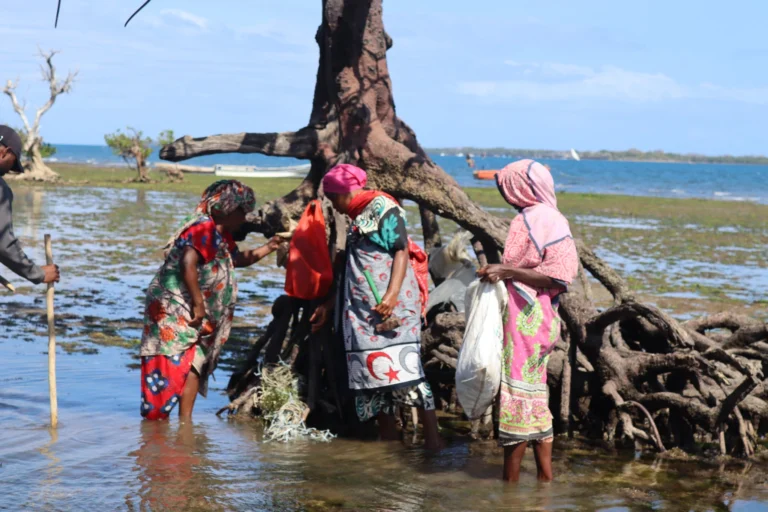
By Norah Ouma “We are the first generation to feel the effect of climate change and the last generation who can do something about it.” – Barack Obama Climate change is a global crisis, but adaptation remains a deeply local…

Gillian Faith and Joel Onyango Plant genotypic analysis is a crucial component of modern agricultural research, particularly when it comes to improving crop yield, resistance to diseases, and overall adaptability to environmental changes. One of the crops where genotypic analysis…
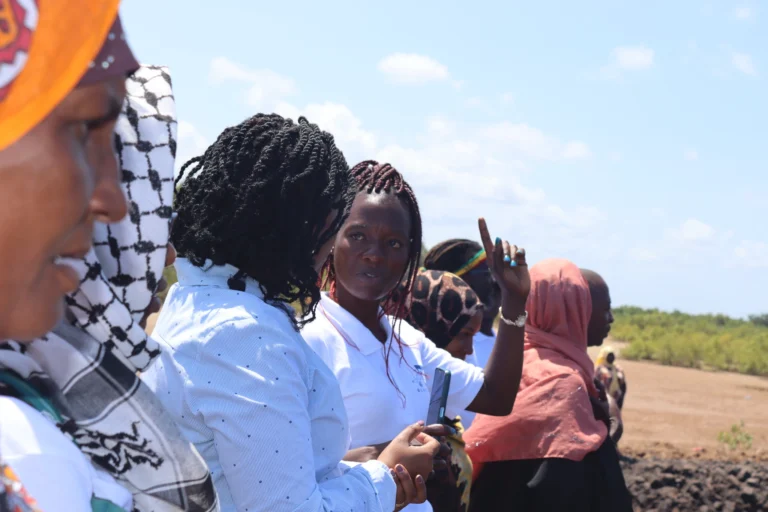
Gillian Faith Achieng, Joel Onyago, Salome Okoth, Erica Atieno The concept of Just Energy Transition (JET) is becoming increasingly important worldwide as countries work towards transitioning from traditional, carbon-intensive energy sources to cleaner and more sustainable alternatives. Kenya’s commitment to…
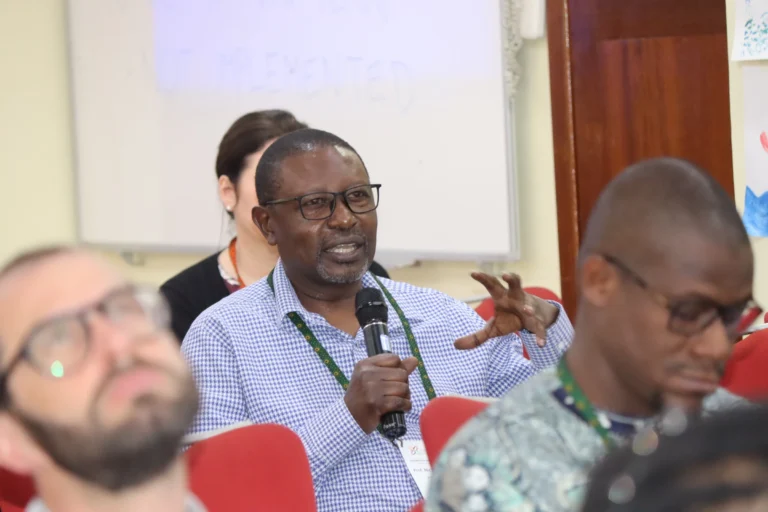
By Joel Onyango, Maureen Kabasa, Miali Mohamed, Salome Okoth The 29th Conference of the Parties (COP 29) in Baku, Azerbaijan provided an invaluable platform for experts, policymakers, and innovators from around the world to convene and facilitate meaningful discussions on…

By Maureen Kabasa, Joel Onyango, Salome Okoth, Miali Mohamed Capacity building lies at the center of the Action for Climate Empowerment (ACE) Agenda of the Paris Agreement as a means of empowering countries, especially developing ones, for the active fight…

By Joel Onyango, Maureen Kabasa, Miali Mohamed, Salome Okoth CoP29 in Baku brought together individuals from diverse backgrounds, all united by a shared hunger for change. The dialogues and themes that emerged during the conference shed light on the urgent…

By Ursulla Wandili, Maureen Kabasa The climate crisis is profoundly reshaping our world, impacting economies, ecosystems, and our daily lives through floods, droughts, extreme heat, and rising sea levels. In Africa, the situation is particularly dire. The continent is warming…
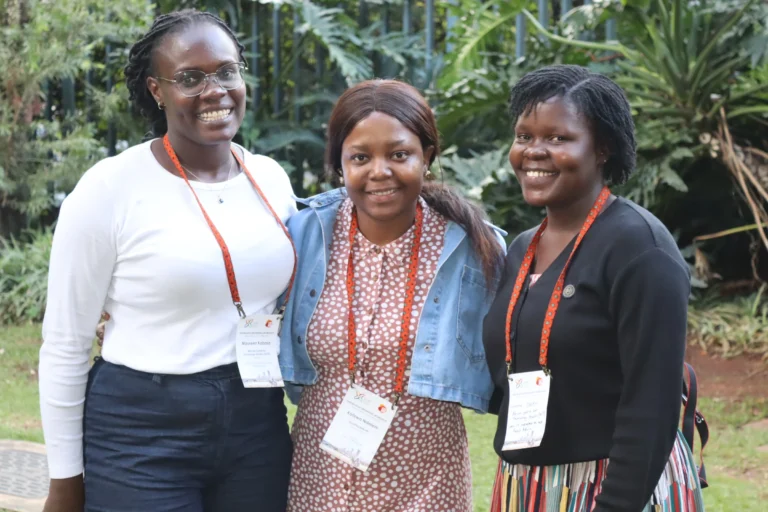
By Maureen Kabasa, Joel Onyango, Salome Okoth, Meali Mohamed COP29 marked a decisive moment in the global climate negotiations, especially in the use of blended financial instruments to support climate action. These financial instruments are tools designed to blend public…

By Carolyne Cherotich Bii, Eric Magale & Maureen Kabasa APA Fellow 2024 BG003 Introduction On 29 November 2024, the African Centre for Technology Studies, in collaboration with the ACTS Pathways Academy, hosted a webinar titled “Integrating Green Finance into Africa’s…

The Climate Adaptation and Resilience (CLARE) research programme is an initiative co-designed and jointly funded by the United Kingdom (UK) Foreign, Commonwealth and Development Office (FCDO) and Canada’s International Development Research Centre (IDRC).
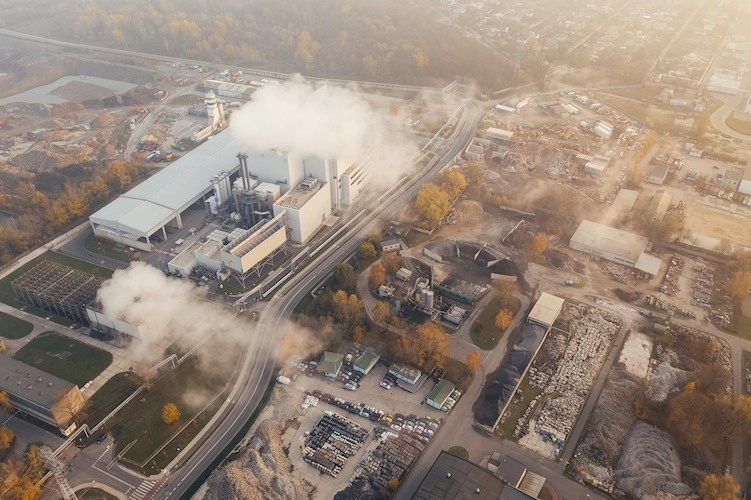
Capacity building initiatives aim to enhance knowledge sharing and coordination and their results are evident globally, regionally, and nationally.

ASAP brings together leading UK, Kenya, Uganda and Ethiopia researchers in air pollution, urban planning, economic geography, public health, social sciences and development studies to provide a framework for improved air quality management in three East African cities: Addis Ababa (Ethiopia), Kampala (Uganda) and Nairobi (Kenya).

The Nairobi risk hub project is part of the larger Urban Disaster Risk Hub (Tomorrow’s Cities). it is a five-year global interdisciplinary research hub funded by UK Research and Innovation (UKRI) Global Challenges Research Fund (GCRF).

The aim of MECS project is to catalyse the transformation of clean cooking through technological, institutional and market innovations that enable long-term use of MECS to generate inclusive environmental and development benefits for the poor.

The project will focus on transformation processes in three areas of crucial relevance to sustainable development, relating in particular to pressing imperatives in countries of the Global South: energy systems, agriculture, and urban digital infrastructures.

The project looks into the role of disasters including air quality in contributing to environmental and livelihood sustainability and how best to manage air quality in a manner that reduces climate risks especially in our ever-growing cities. Indeed the theme of the 3rd United Nations Environment Assembly (UNEA 3) is specifically framed around air pollution and how best to understand the dynamics associated with such pollution.

Clean and sustainable energy for all is a major low carbon development indicator for developing countries who are seeking climate compatible development options. Access to clean energy is a key part of the UN Sustainable Development Goal (SDG) number 7 and so is the Paris Climate Change Agreement also calls for pro-poor low carbon energy for all.
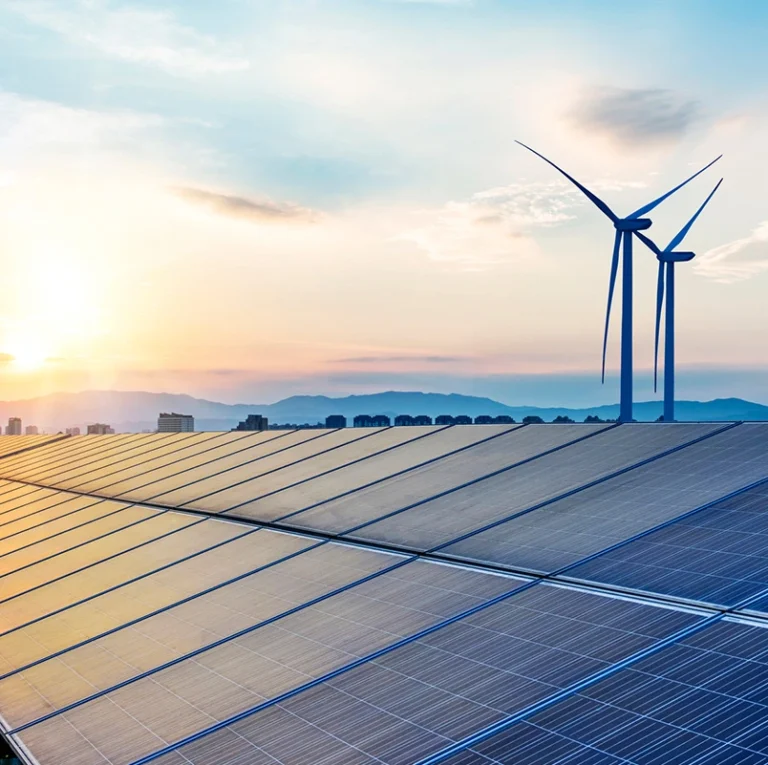
Climate change finance mechanisms such as the Clean Development Mechanism (CDM) were previously designed in ways that would only benefit large developing countries like China and India that have enhanced technological capacity and capabilities, providing attractive environments for state and non-state actors seeking to leverage climate finance to support their international investments.
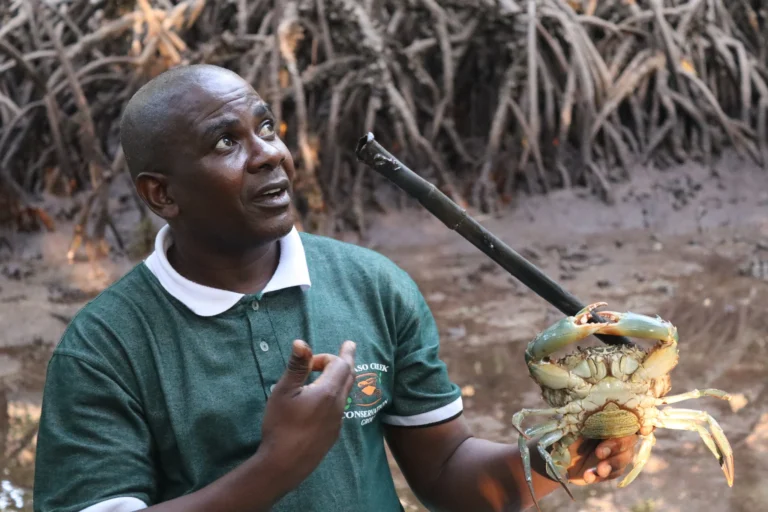
Transformative Pathways to Sustainability: learning across disciplines, contexts and cultures (PATHWAYS)

EBAFOSA was created following the unanimous adoption of the Nairobi Action Agenda and the constitution of the EBAFOSA by over 1200 delegates drawn from government and policy, the private sector, academia and research, international bodies, intergovernmental bodies, NGOs, civil society, women and youth groups, and individual publics from across Africa.

As the global climate change regime moves ahead towards 2020, there will be increasing investments related to climate change mitigation and adaptation in poor countries. Ensuring that the most adequate technologies are selected and that they are diffused and used in such a way that the outcome is better living conditions for the population is a major challenge.

This research looks at investments, adoption and use of renewable energy in Makueni and Kisumu counties. It focuses on mapping of investments, adoption and use through the lens of gender equity and social inclusion. The main objectives are:

It’s not energy access that is key to changing people’s lives but how people use that energy that’s important
In recent years, we have seen an increase in activity to provide energy to low-income households and communities in developing countries, through micro-grids and other methods of distributed energy resources.

This project seeks to bridge the gap between research and policy making in climate change in Kenya and to strengthen the links between Kenyan climate policymakers, researchers and think tanks.

For many developing countries ensuring food security remains a key development challenge, often aggravated by climate change impacts.

EACIN is a network of technology institutions, entrepreneurs, business incubators and other partners within the East African Community that support the development of businesses and market for climate technologies.

This is an action-research project being undertaken by ACTS through the DFID-TERI partnership. It Started in Oct 2012 and is expected to end in July 2015. The aim is to pilot models that can be scaled for provision of clean lighting and improved cook stove solutions for poor households in Kenya.
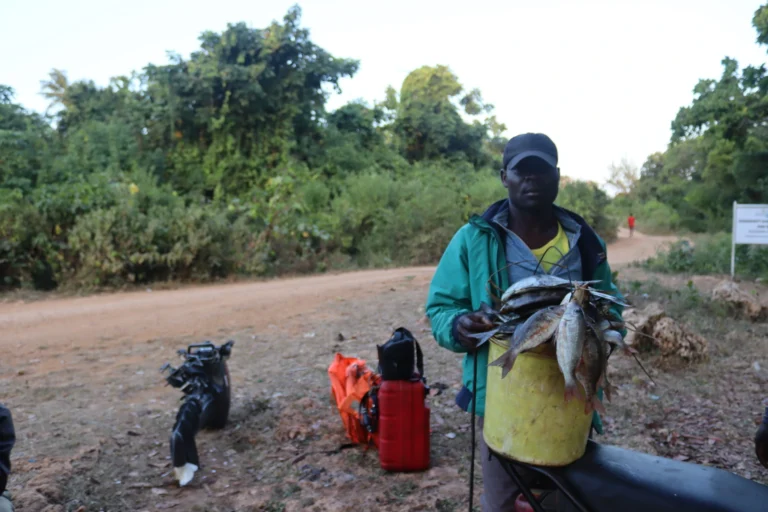
This project has been initiated by ACTS and Environment Liaison Centre International (ELCI) under the theme “greening the fisheries”. It was supported through ELCI and although it was initiated between March 2013 – November 2013, it will take several years to be implemented.
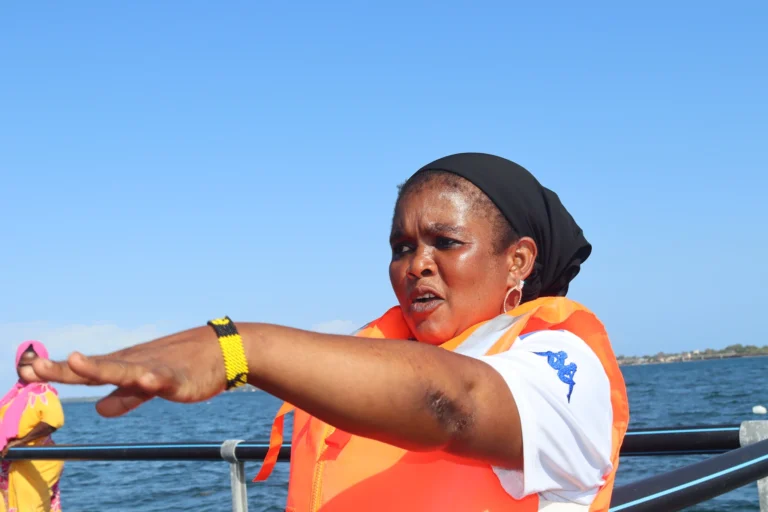
The Integrated Transboundary Water Resources Management for the Lake Victoria Basin is a training programme targeting middle to high level personnel working on water issues that are Transboundary in nature. This was a 5 year project funded by Sida and implemented through partnership between Ramboll Natura, ACTS and SEI. 2010/2011 was the 5th and last phase of the project.

The PISCES project was a 5-year initiative funded by DfiD that kicked off in 2007 up to June 2012. PISCES was granted an 18 months extension in 2012 that came to an end in December 2013. The objective of the project has been to provide policy makers with new information and approaches which they can apply to unlock the potential of bio-energy to improve energy access and livelihoods in poor communities.

ACTS in partnership with colleagues in Eastern and Southern Africa, Europe and South Asia are undertaking an action research, testing tools for community adaptation, knowledge generation and capacity building project on Community-Based Adaptation to Climate Change in Africa (CBAA).

CLACC has been a capacity building global programme targeting the Least Developed Countries (LDCs) and aims to strengthen their efforts to adapt to the unprecedented impacts of climate change linked to frequent droughts, floods, storms and others.

Climate change is affecting all countries, but Least Developed Countries and other vulnerable developing countries are expected to be hit earliest and hardest.

WeADAPT, spearheaded by the Stockholm Environment Institute (SEI), is a network of organizations working on climate change adaptation. The project seeks to collaboratively develop and pool expertise on climate change adaptation and develop and distribute new and innovative tools, methods and datasets.

In Kenya and other East African countries, there is a huge impetus to innovate in a context of uncertainty - in the world economy, climate change and human security. Innovation can be harnessed for development in many ways by both public and private sectors – from governments and transnational companies to small entrepreneurs filling a low cost market niche.

Globally, climate change remains a big challenge to humanity and its impacts are vast, interlinked and widely documented. These impacts vary across regions, with developing countries bearing the heaviest brunt. Africa is particularly vulnerable to climate change due to a…

Methodological design is integral to research and similar endeavors in pursuit of new knowledge. And whereas existing methodologies help standardize research approaches, their adoption, application and utility of associated findings vary widely depending on the type of research, discipline, personal preferences, understanding of the methodology and even geographical location.

Numerous governments, businesses, and civil society organisations aim to contribute to achieving the 17 Sustainable Development Goals in the global South. However, cherry-picking SDGs coupled with lack of alignment between initiatives means trade-offs are not addressed and opportunities for synergy are missed.

Renewable energy has become a crucial pillar of Kenya's power sector, contributing over 80% of the country's electricity from sources like geothermal, hydro, wind, and solar power in 2021. With an awareness of the untapped potential, the Kenyan government aims to increase renewable electricity generation by 50% between 2021 and 2030 as part of its Least Cost Power Development Plan.

This is a partnership between the African Centre for Technology Studies (ACTS) and the Stockholm Environment Institute (SEI). This project is under the Climate Compatible Growth (CCG) Flexible Research Fund (FRF) that provides research funding to respond to new and emerging research opportunities and demands.
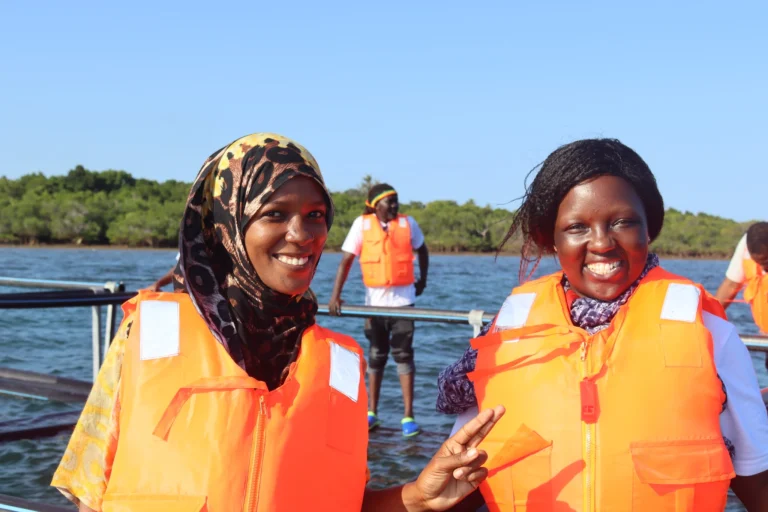
The informal small and medium enterprises (SMEs), irrespective of sectors that drive economic development in many African countries comprise of a significant population of women and youth or employees. This fact makes women and youth more vulnerable to external shocks like the global economic crisis and the impacts of climate change that do not spare this informal sector.

